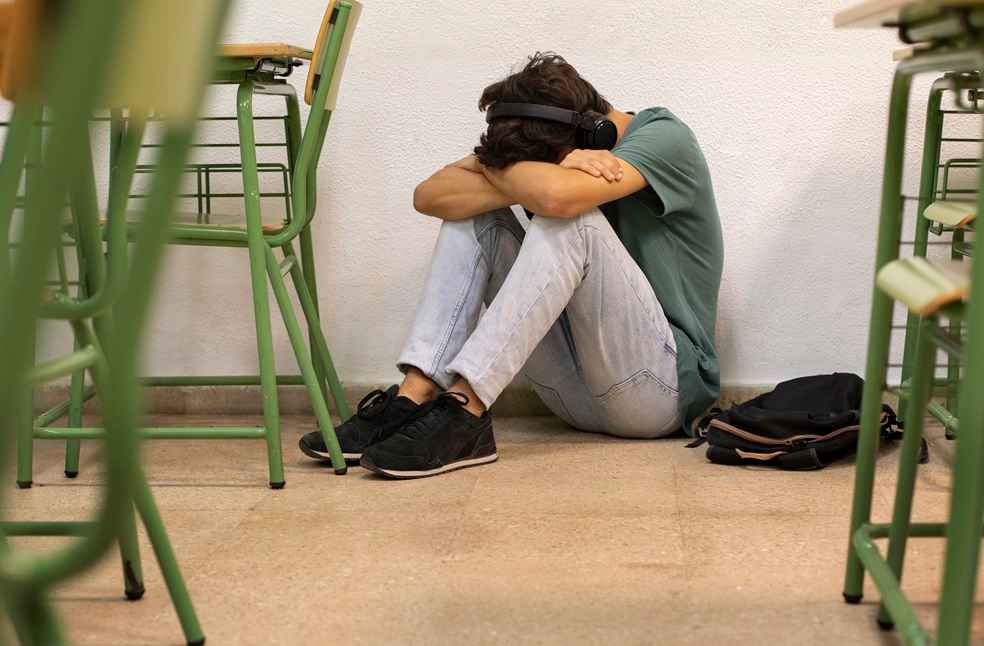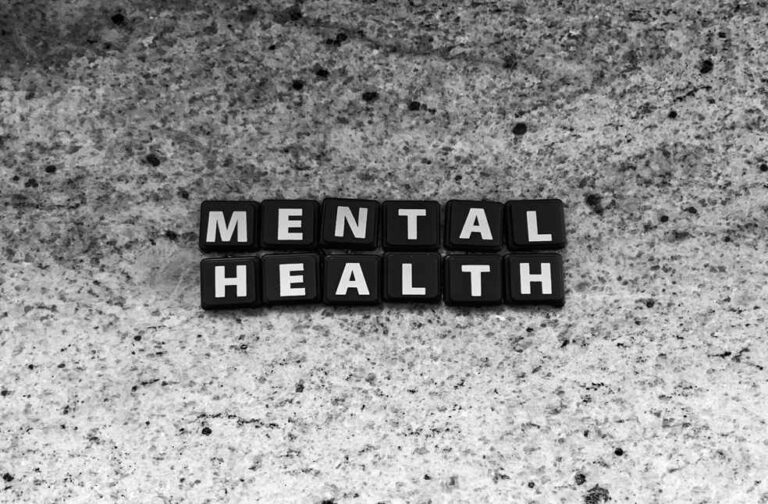United Kingdom: A study of the mental health crisis in the UK found that youths in their 20s are more likely to be unemployed than middle-aged people. Resolution Foundation research has revealed that people in their early 20s with mental health problems may not be able to access regular education and may end up out of work and in low-paying jobs.
According to official figures, 34 percent of individuals aged 18 to 24 experienced symptoms of mental disorders like depression, anxiety or bipolar disorder during 2021-22. This is a significant rise from 24 percent in 2000 when young women were one and a half times as adversely affected.
Senior economist at the Resolution Foundation, Louise Murphy, stated that, “Attention on this issue has tended to focus on higher education, but what should most worry us is when poor mental health comes together with poor education outcomes.”

“The economic consequences of poor mental health are starkest for young people who don’t go to university, with one in three young non-graduates with a common mental disorder currently workless. To address this mental health crisis, we need better support services in currently underserved colleges, and much better provision for those resitting exams so that everyone has qualifications to build on,” Murphy added.
According to the report that calls for government intervention, 79 percent of 18 to 24-year-olds who are unemployed due to poor health have GCSE-level qualifications or lower. This is in contrast to 34 percent of all individuals in that age group.
The report has noted that, in the autumn term of 2023, 12 percent of 11 to 16-year-olds with poor mental health missed more than 15 days of school, while only one in 50 of their healthy peers missed the same amount of school days.
Director of Health at the Health Foundation, Jo Bibby commented that, “Policymakers need to focus on the building blocks of health, such as good employment and education, to ensure young people get the support they need and have the tools to move through the world as adults. Without concerted cross-government action, we risk creating a lost generation due to ill health.”

The report revealed that children aged between 11 and 14 years old who had poor mental health were three times more likely to fail five GCSEs, including maths and English, compared to healthy children. In 2022, a study found that 40 percent of 18 to 24-year-olds who were experiencing mental health problems had low-paying jobs, while only 35 percent of their healthy peers were in similar positions.
The report also revealed that a third of young people who experienced mental health problems and did not have a degree were unemployed. In comparison, only 17 percent of graduates with the same mental health conditions were jobless.
The study concluded that addressing the epidemic of poor mental health in Britain should primarily focus on young people who have low qualifications. It is recommended that, to increase the availability of mental health support in colleges and sixth forms and take measures to ensure fewer individuals leave compulsory education with low qualifications.



